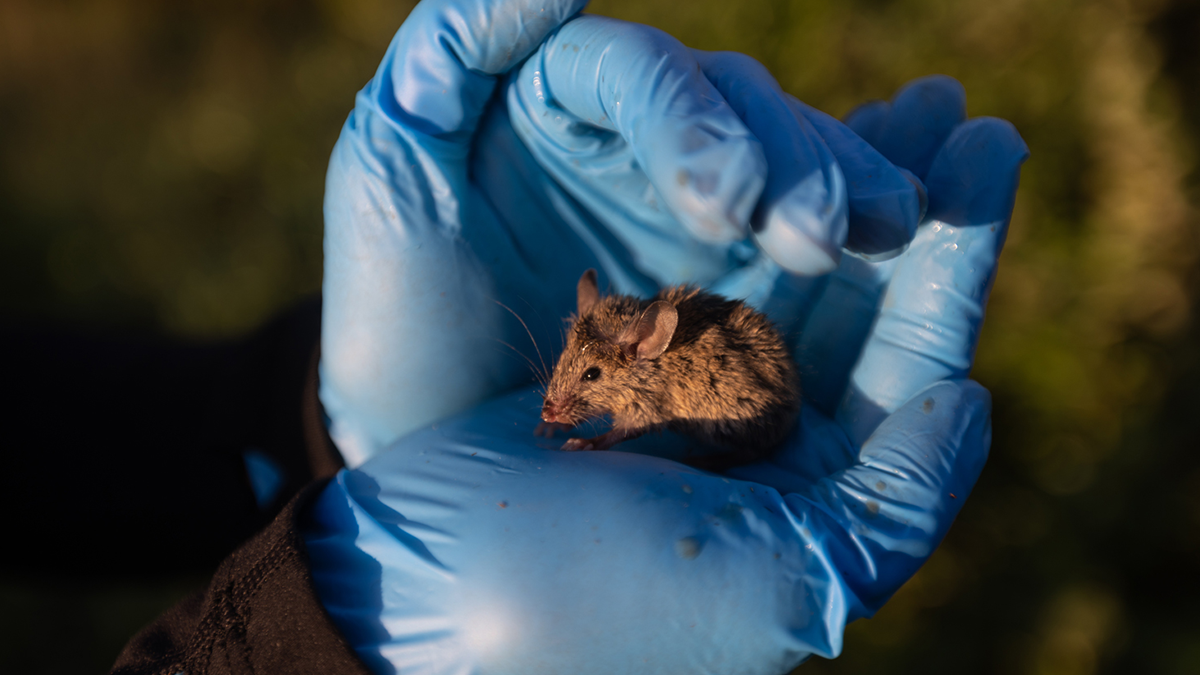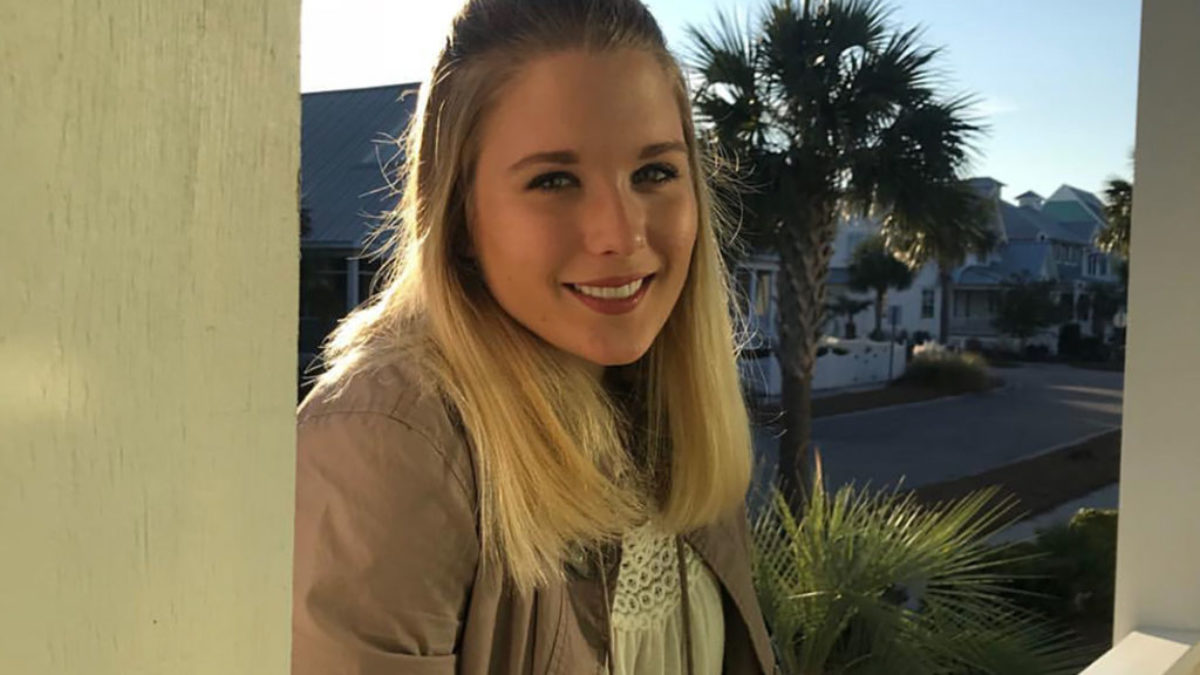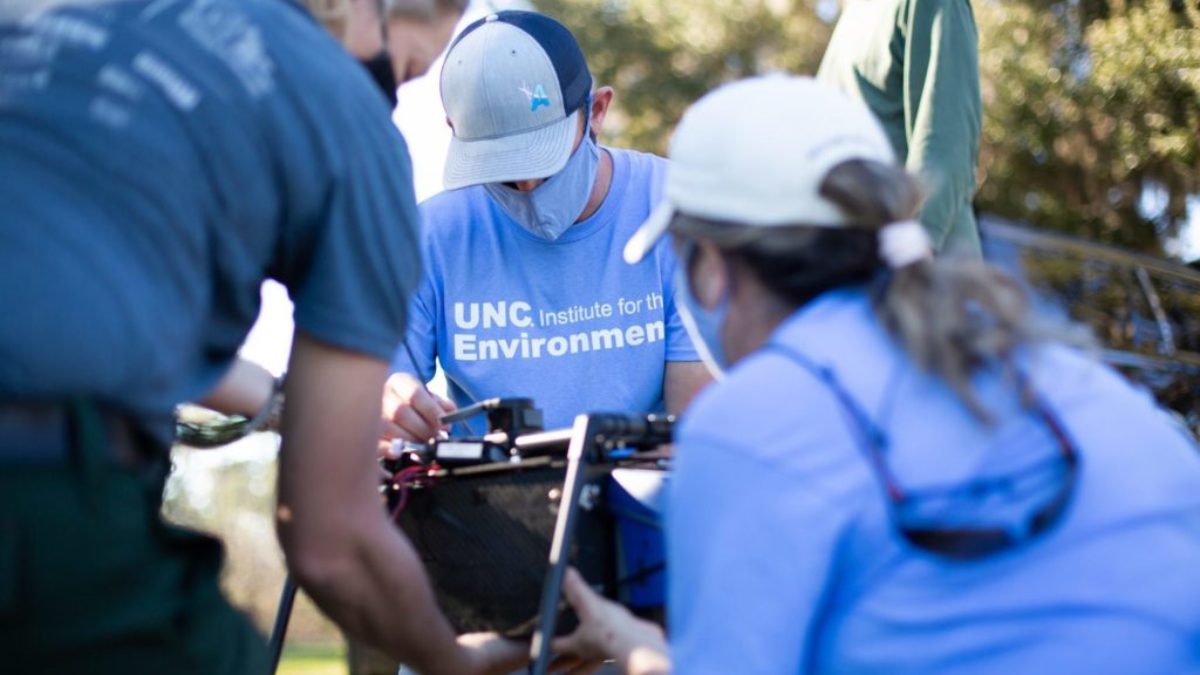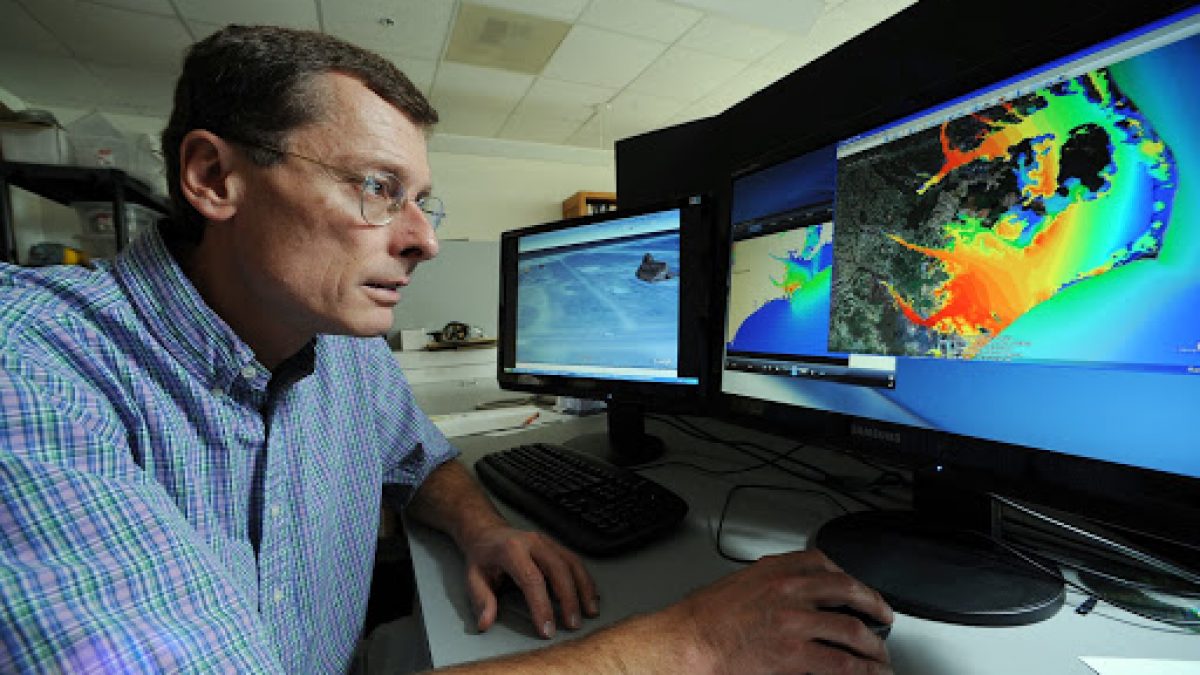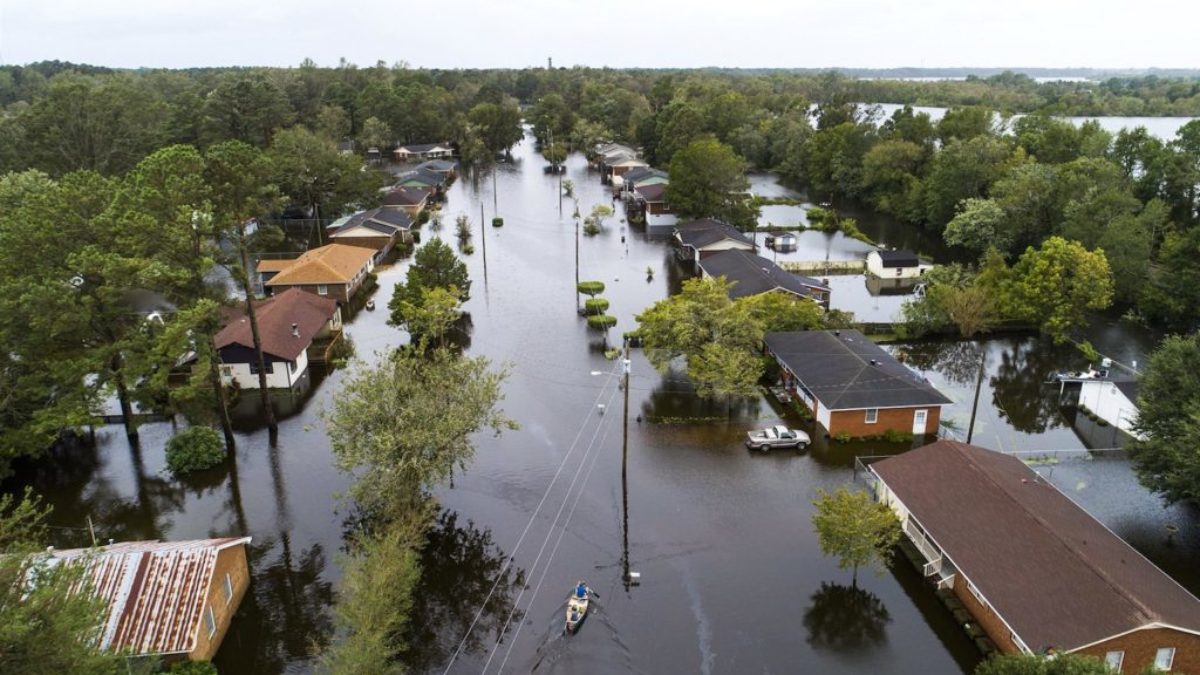A World Without Water Is An Unlivable World
“The human and natural systems that provide society with food, energy and water are tightly linked, so a disruption in one invariably impacts the others.”

“The human and natural systems that provide society with food, energy and water are tightly linked, so a disruption in one invariably impacts the others.”
Water is scarce in many places around the world, and even primary water sources in the U.S. are becoming insufficient. Less water equals less food, less energy and less sanitation; a frightening scenario that Carolina is working to prevent. The UNC Institute for the Environment is leading the way in watershed science, a field that specializes in the production of clean water to alleviate this challenge for society.
A pan-University team led by Dr. Greg Characklis who directs a environmental financial risk center co-funded by the institute and the Gillings School of Public Health, examines the interdependence of the systems that supply food, energy and water, particularly in times of scarcity. Dr. Characklis is conducting the study in California, a state that, despite widespread droughts, continues to lead the nation in agricultural production. The data gathered in the study will ultimately benefit states and regions that suffer from drought.
Dr. Characklis is globally recognized as a leader in creating new ways to improve water supply and treatment systems.
“The human and natural systems that provide society with food, energy and water are tightly linked, so a disruption in one invariably impacts the others,” Dr. Characklis said. “This research will provide us an opportunity to develop an improved understanding of these systems and ultimately develop innovative management strategies using tools from science, engineering and economics.”
